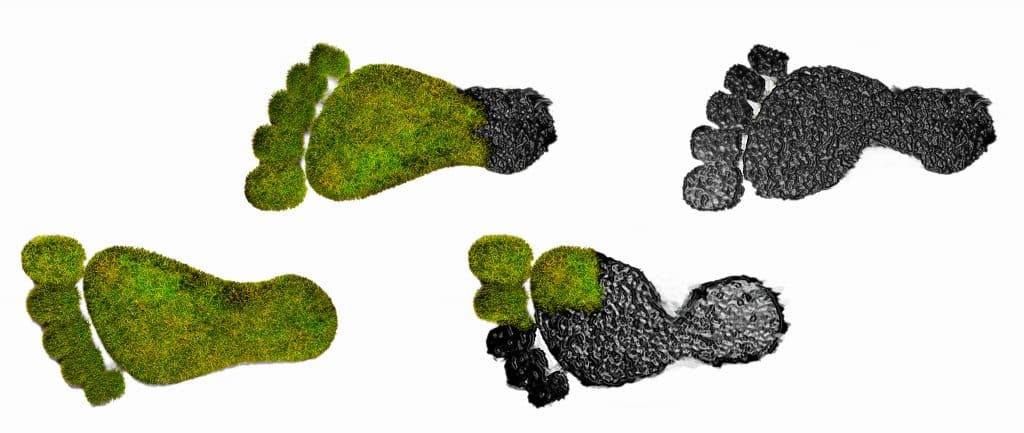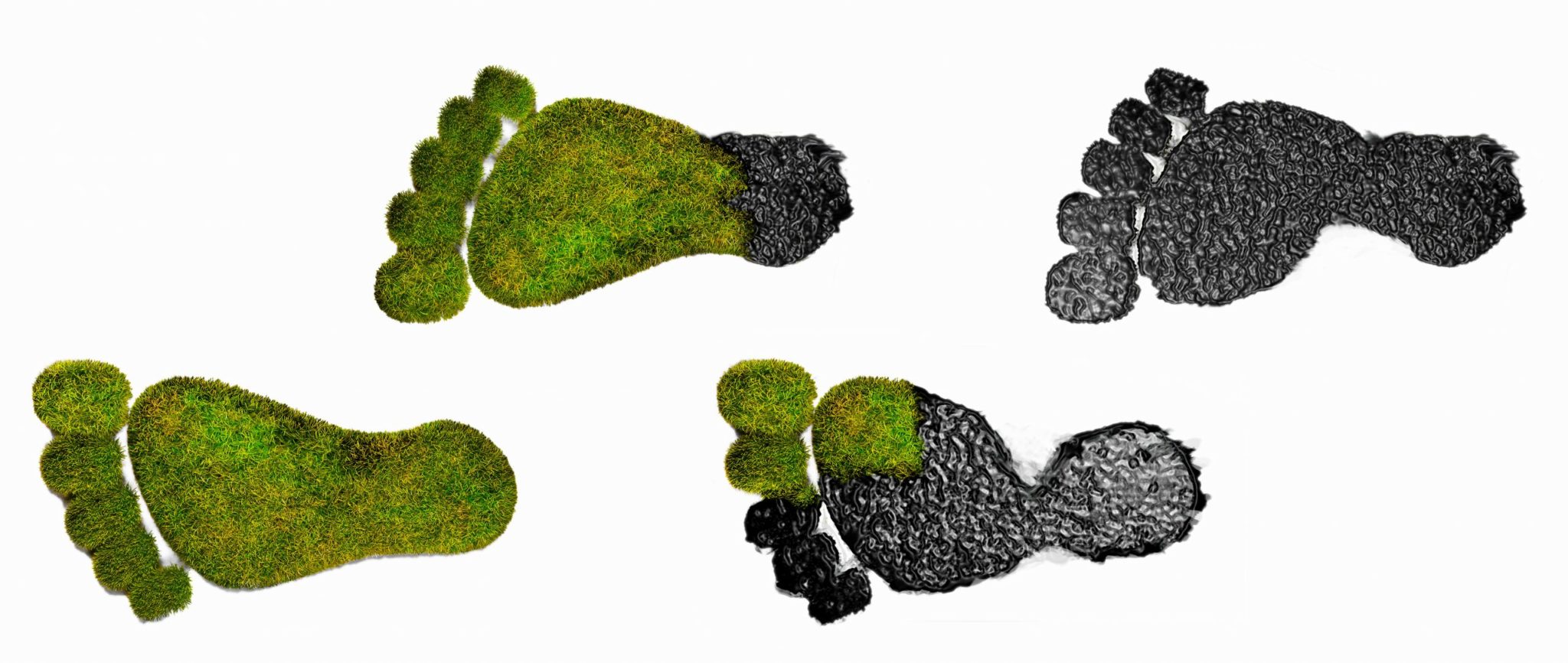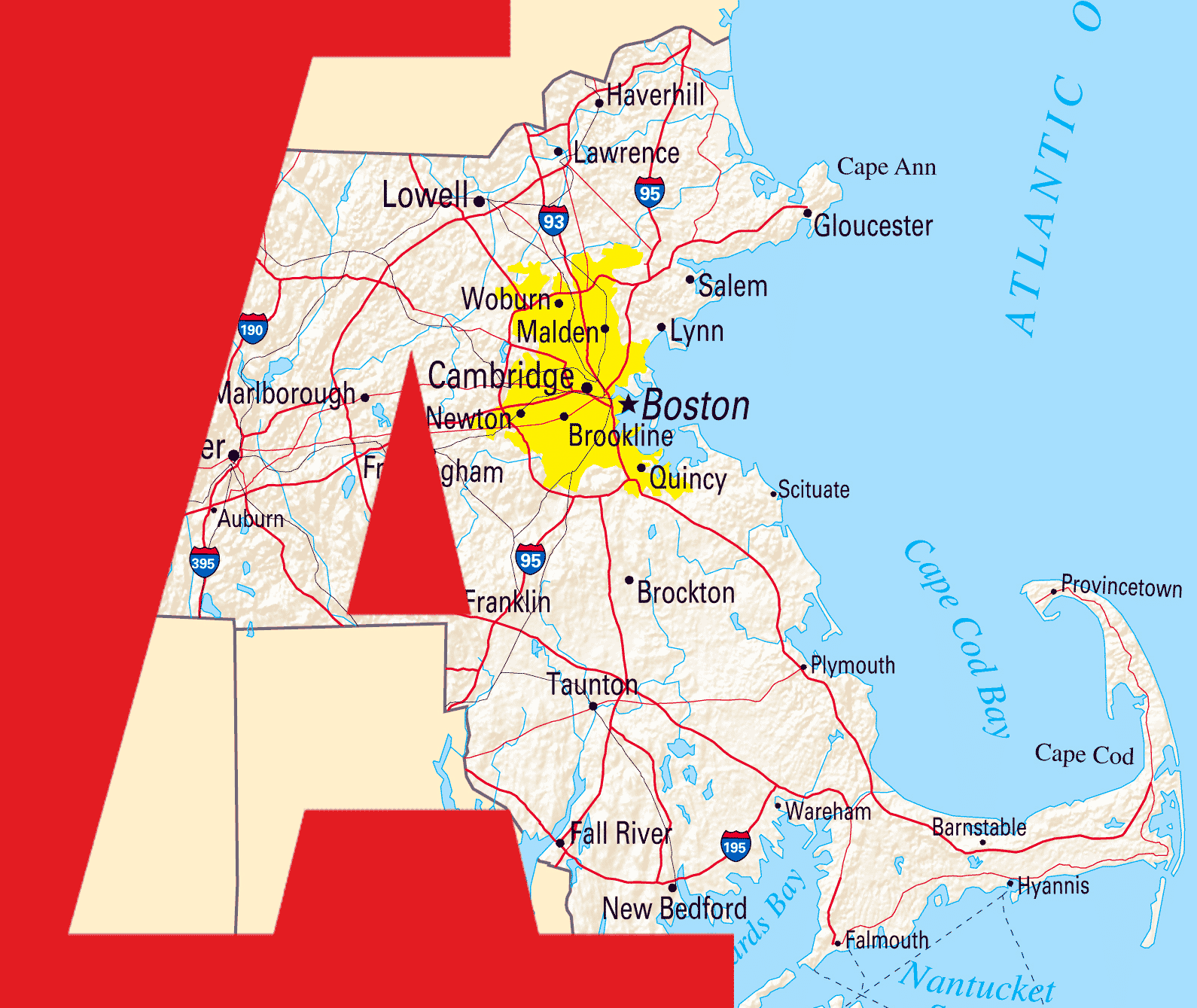
Concrete restoration and masonry are eco-friendly. Here is a look at what you expect when opting for green concrete with your next building project.
Durability and Low Maintenance
When considering concrete, two elements come to mind: durability and longevity. Both of these elements reduce the need for new manufacturing, lower energy usage, and potentially harmful emissions produced by factories. Furthermore, with minimal required maintenance, concrete masonry reduces the long-term cost of upkeep and general maintenance.
Recyclable
The durability provided by concrete further allows the material to become recyclable. For use in future concrete masonry restoration projects, concrete is repurposed for a variety of applications. For example, old concrete blocks can be crushed and reused as a filler.
Locally Manufactured
Believe it or not, locally sourced products extend into the area of masonry restoration. Often, concrete manufacturing is within close proximity to the project location. This proximity saves significant time and energy and reduces the need for lengthy transportation. Additionally, the equipment required for concrete production is less specialized, further reducing its impact on the environment. Recent innovations also trend towards “waterless” concrete, which uses sulfur as a non-reactive binder, allowing for very little or no water requirements.
Reduced Energy Consumption
Concrete masonry can improve not only the comfort of your building but also its air quality. The use of colored concrete material can eliminate the need for paints or adhesives. Furthermore, it reduces the number of fumes and chemicals used in the process. Concrete is also a mold-resistant material, minimizing the risk of problematic mold allergy symptoms such as coughing, wheezing, and shortness of breath.
For more information on masonry restoration, contact the professionals at Abbot Building Restoration at (617) 445-0274.


